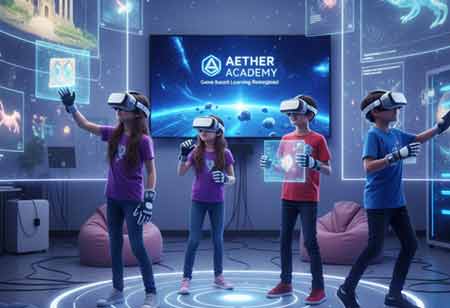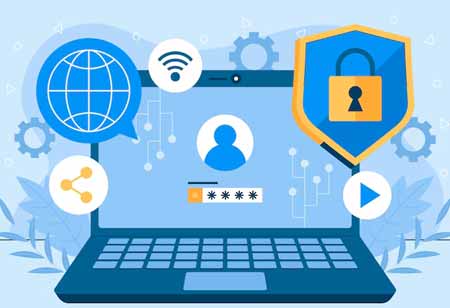THANK YOU FOR SUBSCRIBING
Be first to read the latest tech news, Industry Leader's Insights, and CIO interviews of medium and large enterprises exclusively from Education Technology Insights
Why is it Important to Give the Right EarlyStage Education to Students?
Everyone understands that a child's social, emotional, and cognitive capacities must be developed early in life in order for them to learn and thrive throughout their lives.

By
Education Technology Insights | Wednesday, March 09, 2022
Stay ahead of the industry with exclusive feature stories on the top companies, expert insights and the latest news delivered straight to your inbox. Subscribe today.
As more and more things become digital, people have a chance to think about and look for new, technology-based learning opportunities in early-stage education.
Fremont, CA: Everyone understands that a child's social, emotional, and cognitive capacities must be developed early in life in order for them to learn and thrive throughout their lives. However, a heated discussion rages on about using technology while teaching youngsters aged ten and under. Many educators and parents regard early childhood education as purely academic and, as a result, inflexible. Preschools, for example, frequently cram academic learning into curricula and daily schooling to focus on a single ability, such as reading, calculating, or answering textbook problems.
Rather than taking a skills-only approach with young learners, educators can use technology to enhance learning experiences from a young age, allowing them to develop their inherent willingness and interest to learn and study. To help children learn via play, some early childhood educators use a play-based learning strategy.
Importance of the right earl stage education
Young children are more receptive to new learning situations and can quickly pick up new skills. The synapses in the brain mature with time, forming connections and developing habits that cement with experience and repetition. Furthermore, young children are less influenced by their environment. This indicates that they are more receptive to new knowledge and different points of view.
Children lay the foundation for their future growth over this eight-year span. Children also acquire a desire to learn as well as the necessary study habits and techniques. It is easier for youngsters to learn abilities of all types in the future if they have these foundations to build on.
Giving children technical tools at an early age is a contentious issue. While many people support technology, others question its utility for young children. However, when technology is used responsibly, it can provide enormous benefits to children. If a school is educating children about insects, for example, a trip to a botanical garden is a useful and memorable experience. Educators, on the other hand, cannot go to the zoo or other off-campus venues every time they wish to provide a new learning experience. Teachers can, however, duplicate real-life events every day and on a wide scale using technical tools such as simulations, instructional films, and other digital resources.







